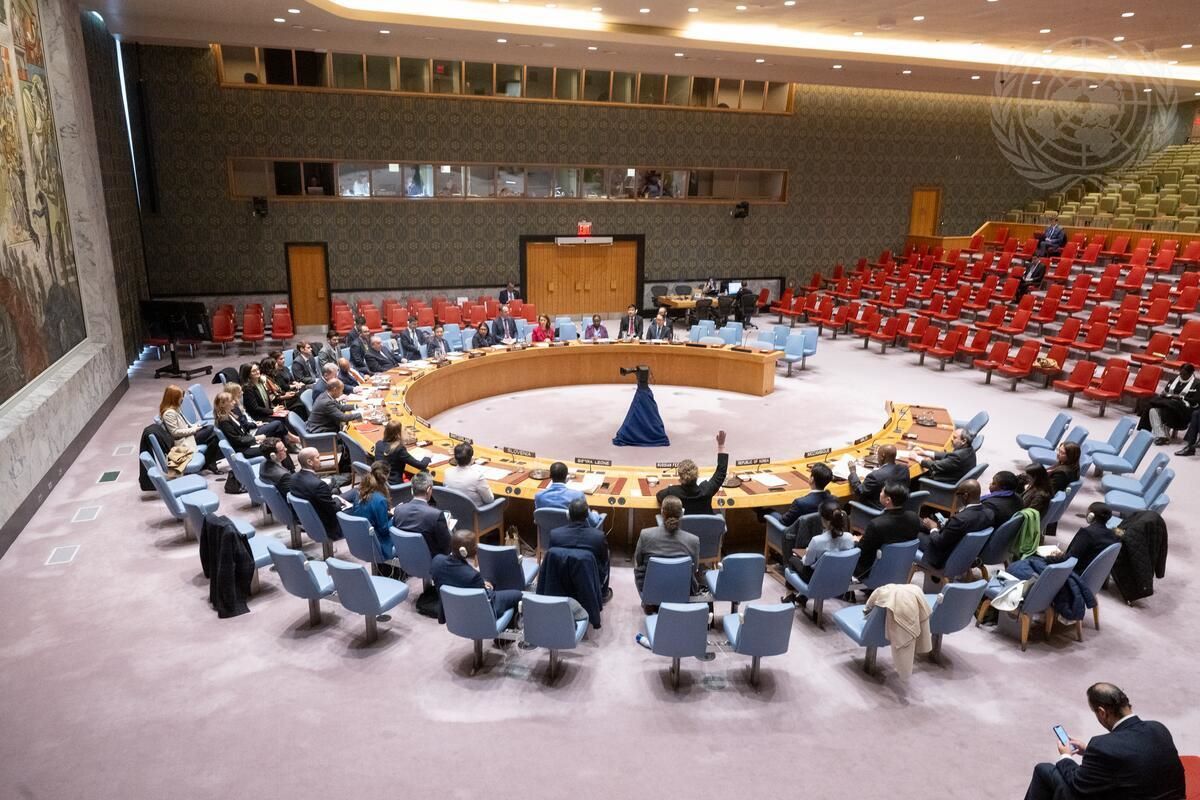
In a recent statement to the United Nations General Assembly, Pakistan firmly opposed the addition of new permanent seats in the UN Security Council (UNSC), citing concerns about intensifying the current impasse within the Council. The statement by Ambassador Munir Akram highlighted the pressing need for a reformed, equitable, and democratic Security Council that reflects contemporary global realities rather than outdated structures of privilege. The crux of Pakistan’s stance is a call for reform that favors expanding non-permanent seats, allowing for broader regional representation and avoiding any further concentration of unaccountable power in the Council.
The UNSC, shaped by the geopolitical aftermath of World War II, continues to be dominated by five permanent members with veto powers—privileges inherited through a historical, rather than democratically representative, lens. Ambassador Akram emphasized that the recent crises, particularly the ongoing conflict in Gaza, underscore the Council’s frequent inability to reach consensus on pressing international security issues. This inability, he argued, highlights the flaws in a structure that relies heavily on the veto-wielding members’ agreement, often to the detriment of timely and effective action.
Pakistan’s position advocates for adding 11-12 non-permanent seats rather than creating new permanent positions. This proposal aligns with the “Uniting for Consensus” (UfC) group, which champions a more inclusive and regionally balanced approach to reform. According to Ambassador Akram, this model would democratize the Council, increase accountability, and grant fairer representation to smaller and medium-sized states, including those in Africa, Latin America, Asia, and small island developing states (SIDS).
China, one of the current permanent members and a significant stakeholder in Security Council reform discussions, shares some common ground with Pakistan’s views on regional representation and equitable reform. Historically, China has supported enhancing the role of developing countries within the UN framework, especially those from underrepresented regions such as Africa. In recent statements, China has echoed the need for reform that reflects the aspirations of developing countries, supporting African nations’ demand for more representation but cautiously approaching the issue of expanding permanent membership.
China’s stance emphasizes a need for consensus-driven reform that strengthens the Council’s ability to respond effectively to global challenges without exacerbating existing divisions. In this vein, China has underscored the importance of avoiding hasty or imposed decisions on Council reform, advocating instead for an inclusive, deliberative process that aligns with the interests of the broader international community.
Pakistan and the UfC’s focus on creating a Council structure that respects regional representation aligns with China’s broader call for democratizing global governance. Like Pakistan, China expresses concern that expanding permanent membership may perpetuate, rather than resolve, issues of accountability and responsiveness in the Council’s decision-making. By championing expanded non-permanent seats and promoting a framework for equitable regional representation, both Pakistan and China position themselves as advocates for a more inclusive, transparent, and effective Security Council that can better address the complex realities of today’s world.
In conclusion, Pakistan’s proposal and China’s supportive stance underscore a shared vision for UNSC reform that emphasizes accountability, regional equity, and inclusivity. This approach is rooted in the belief that the Council should evolve to meet the needs of all member states, not merely the interests of a privileged few, thereby fostering a more cooperative and resilient international system.





It’s hard to seek out knowledgeable people on this topic, but you sound like you recognize what you’re talking about! Thanks